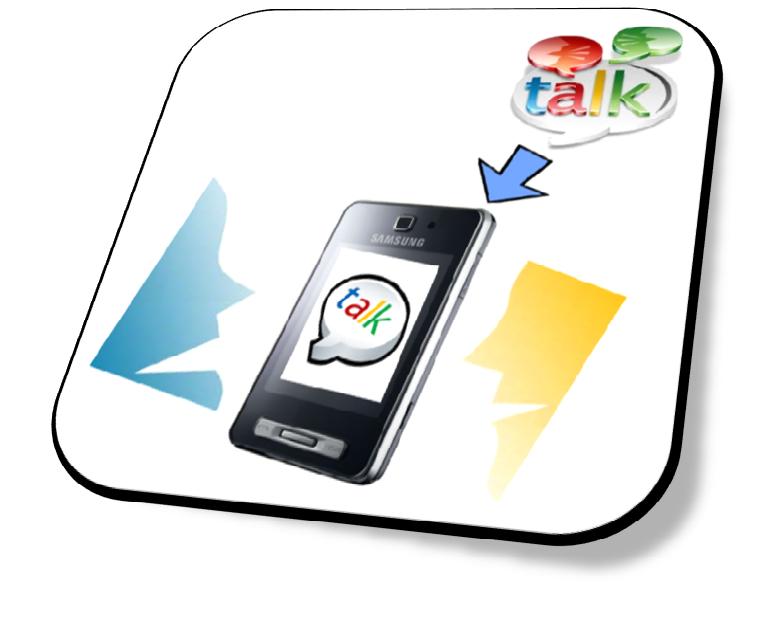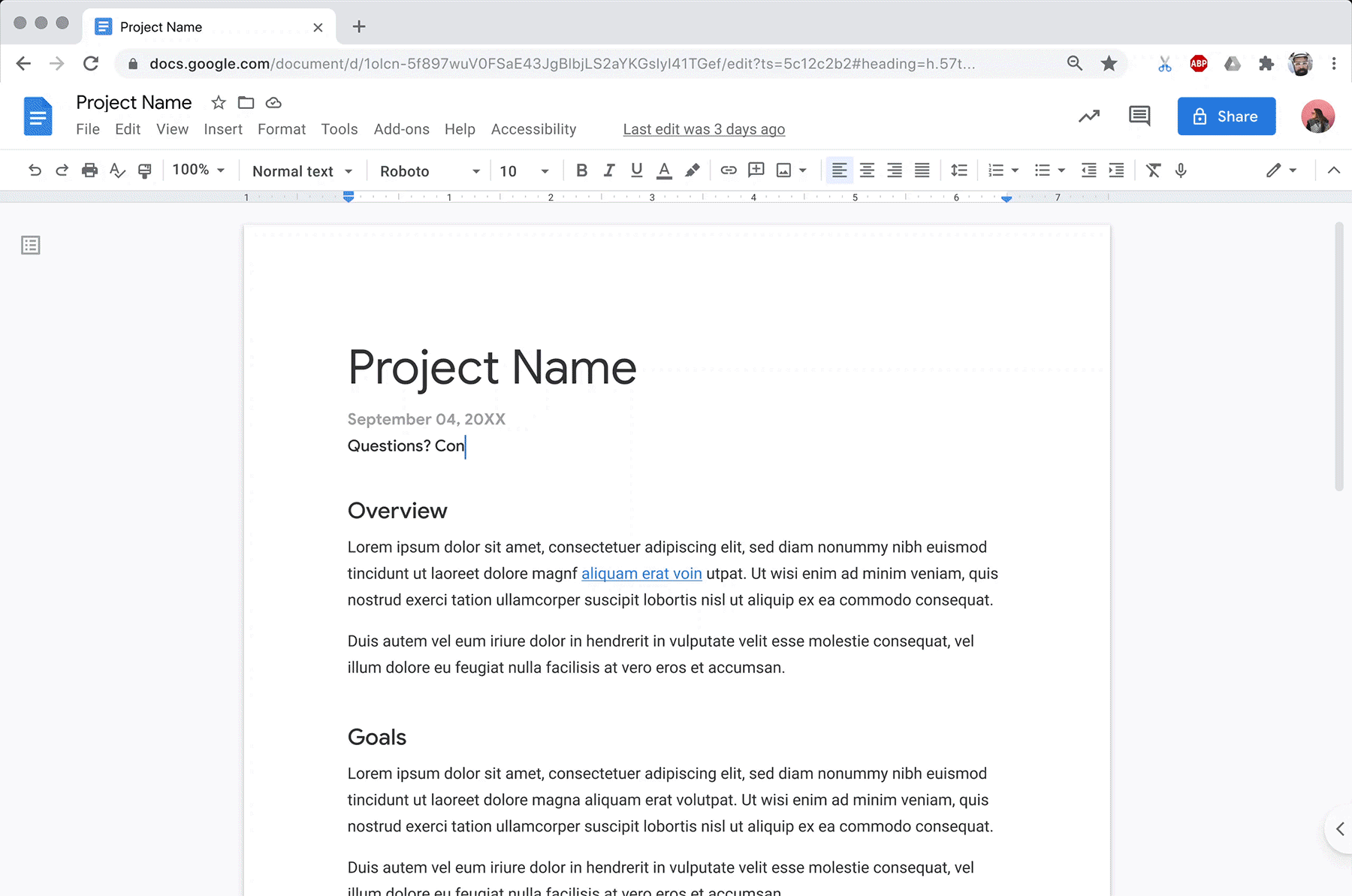

“Say I turn my phone off and my friend texts me and then she checks Instagram to see if I've posted anything to find out if I'm ignoring her or if she's actually offline, “ describes La Prairie. The social obligation cycle is a little more complex. Sometimes it works, sometimes it doesn’t, but it gradually forms a habit to the point where you’re using your phone almost mindlessly. The former is usually triggered by boredom: when you get bored on your lunch break you go to your smartphone in the hope of finding something to entertain you. One is the habit cycle and the other is the social obligation cycle.”



“We found what we describe as two 'cycles' that drive this feeling of always needing to be 'on'. The first part of any good digital detox is recognising the problem areas, says La Prairie. So, how do you cut down on wasteful screen time and ensure that your technology is helping your overall wellbeing? La Prairie led me through her six-step guide. It's about the quality of time and what you do on your phone.” "When we talk to people, one person might say 'I spend six hours on my phone per day, and I feel great about it', and another might say 'If I spend three hours on my phone I don't like that'. “I don't think it’s about the pure quantity of screen time," says La Prairie, as we talk at Google's London headquarters. Both essentially do the same thing: they show users how much time they spend on their phones, and provide a means to cut down. It's an emerging theme at many tech giants: Google launched the Digital Wellbeing project last year and just one month later, Apple announced Screen Time for iOS devices. La Prairie's point is that smartphones can forces for good, if only we can learn to stop ourselves from getting sucked into our screens. We think that great technology is technology that improves your life and doesn't distract from it." "It's definitely a favourite dinner party question when anybody hears what I do," laughs La Prairie. "I think the best way to describe it is that we care a lot about technology that meets user's needs. Which sounds sensible enough – but coming from Google, is this a case of a big tech company once again trying to have its cake and eat it? Isn't Google's very MO to keep us online and looking at adverts on search result pages? “We do a lot of really useful things on our phones but about 70 of people want a better balance.”
#How to use google talk app for foster care android#
Rose La Prairie, product manager of Android Digital Wellbeing at Google, thinks otherwise. Hence why the Government's chief medical officer is advising parents to ban phones from dinner- and bed-time.īut is that enough? If smartphones are so bad for us, shouldn't we take more drastic steps? Last year the UK saw its first child diagnosed with internet addiction, warnings that three children in every classroom are suffering from mental health issues thanks to social media, and even adults starting to note that their smartphone use is becoming problematic. There’s a growing body of evidence suggesting too much screen time can be seriously bad for our mental health. If so, then the words 'digital detox' probably aren't far from your lips. Ever find yourself aimlessly scrolling through Facebook or Twitter only to look up and see that hours have passed by? Do you panic when your phone's battery is running low? Do you worry what friends will think if you don't respond to their texts immediately?


 0 kommentar(er)
0 kommentar(er)
